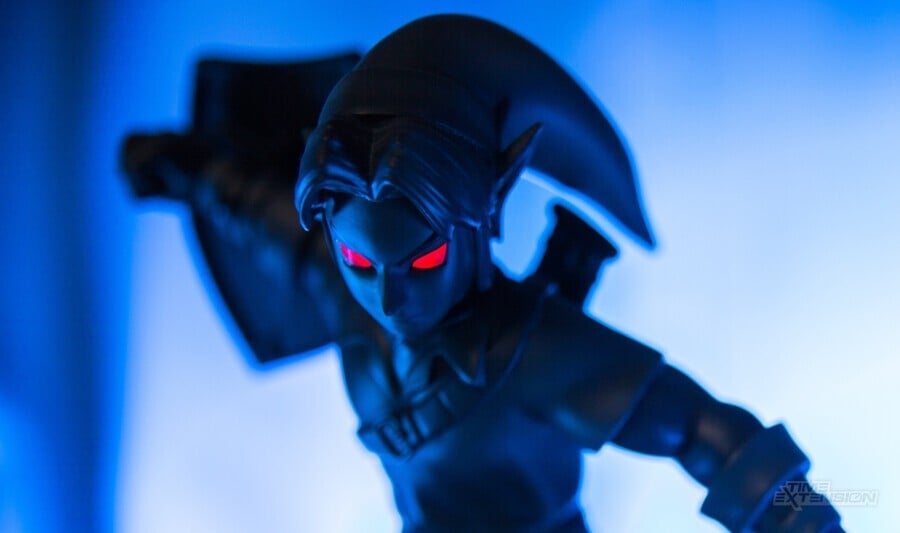
Video game historian and Time Extension contributor John Szczepaniak was recently invited to the TecnoCampus University in Mataró, Spain to give a guest lecture to the students studying there.
You'll be able to read his full report this weekend, but one particular part of the trip stuck out like a sore thumb – it seems that we've now reached the point where Nintendo's legal action – such as its recent case against Palworld for copying gameplay mechanics – is negatively influencing the next generation of game developers.
"Several aspects of the talk were on legal precedents, such as with Data East's Fighter's History and Sega's camera patent," says Szczepaniak. "Students then described their fears over Nintendo's excessive litigation, given they will literally sue you for anything these days. This cannot be overemphasised: the young, passionate, hopeful creators of tomorrow are afraid to explore their artistic urges in case Nintendo attacks them."
The Palworld case appears to be at the forefront of people's minds, but there have been other examples of Nintendo throwing its weight around to protect spurious patents. As noted by Kantan Games' Serkan Toto (thanks, Forbes), Nintendo sued the developers of the mobile title White Cat Project for six patent violations, one of which related to "a confirmation screen after sleep mode." Another violation related to a character hiding behind a tree and creating a shadow. A $20 million licensing settlement was eventually reached.
Nintendo's willingness to chase after anyone who appears to be infringing on its copyright and patents is the stuff of legend these days, with countless memes about "Nintendo Ninjas" doing the rounds on social media whenever someone posts about a fan-made game that uses the company's characters.
Nintendo, like any IP owner, is perfectly justified in protecting its property – especially as unofficial projects can easily be confused for official ones by less-aware individuals. However, the students in question weren't talking about using Mario or Luigi in their game, but rather taking inspiration from titles made by Nintendo.
"One student asked if she made a game with similarities to Tomodachi Life, would that result in lawsuits?" continues Szczepaniak. "I am not a lawyer, but I advised her to read up on historical precedents as a means of defence. Prior examples being The Sims and, before that, Little Computer People."
Szczepaniak adds that the majority of the students who attended his talk will have been born around 2006, which means they may not even be aware of some of the precedents being noted. In this case, the situation becomes even more worrying; if the only gaming landscape you know is one where Nintendo has been a dominant force, will you even be aware that you can draw upon games from several decades ago as "prior art", or will you simply avoid such ideas?
This piece has been updated with additional information about Nintendo's prior patent defences.
